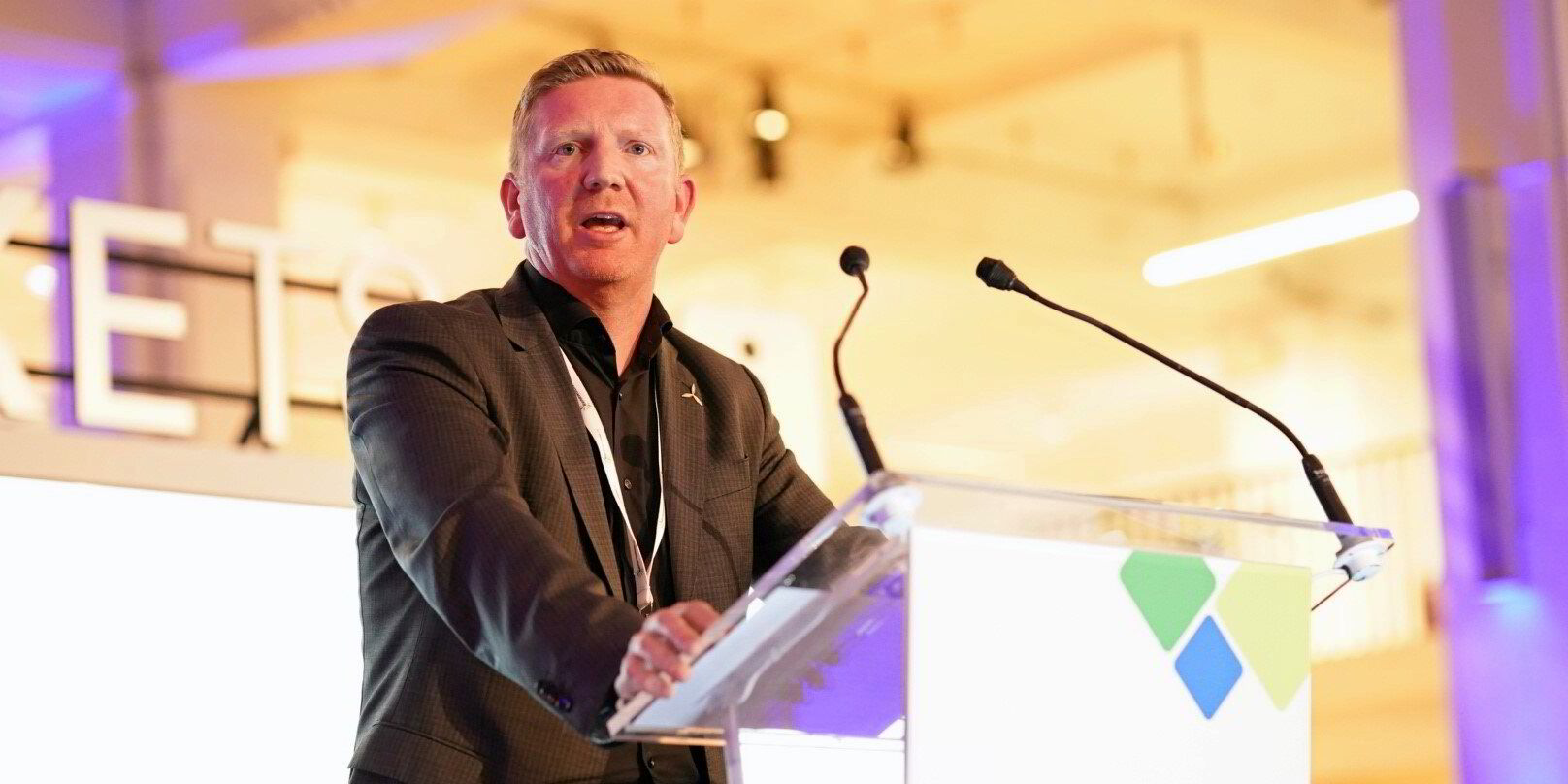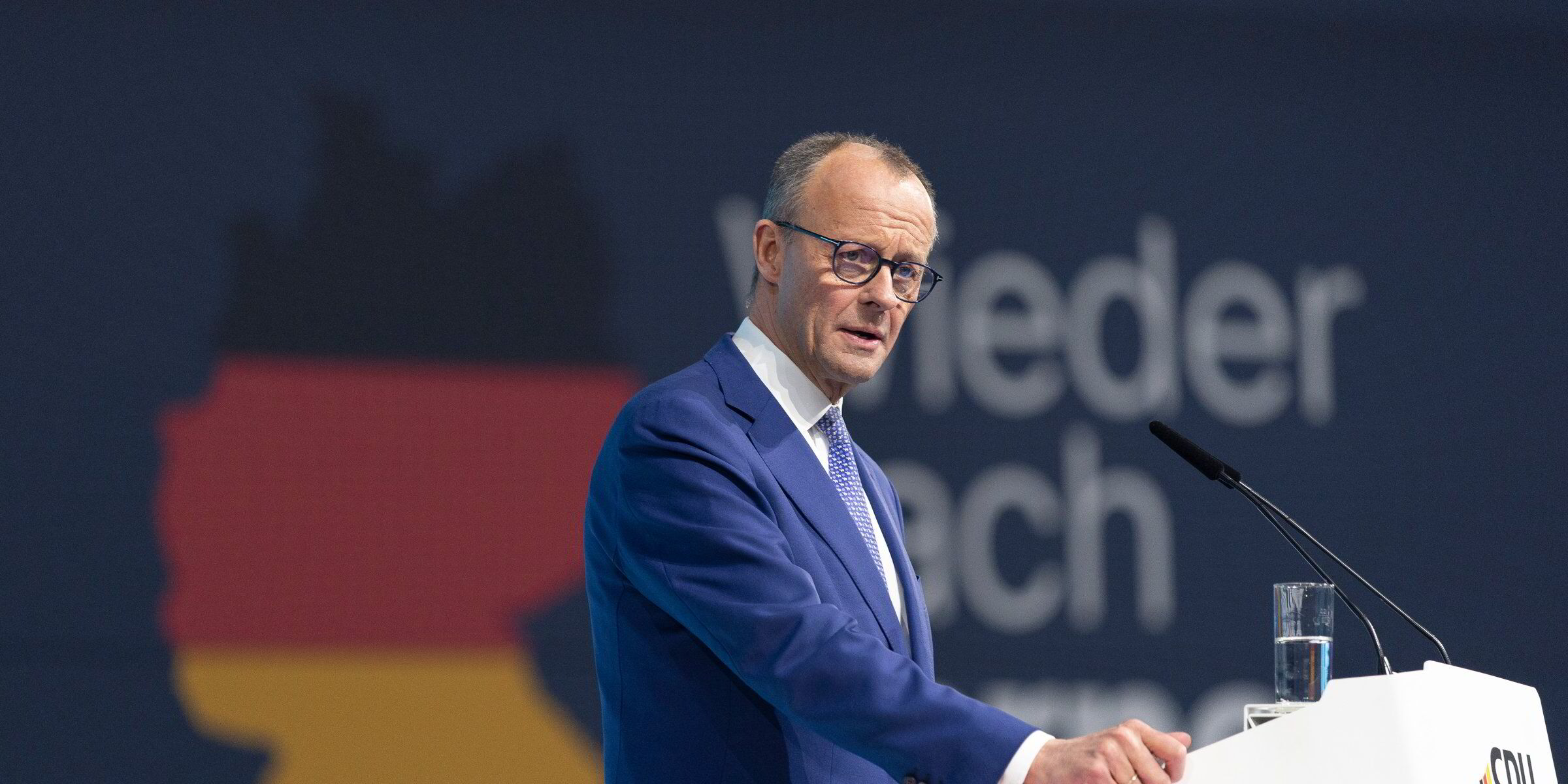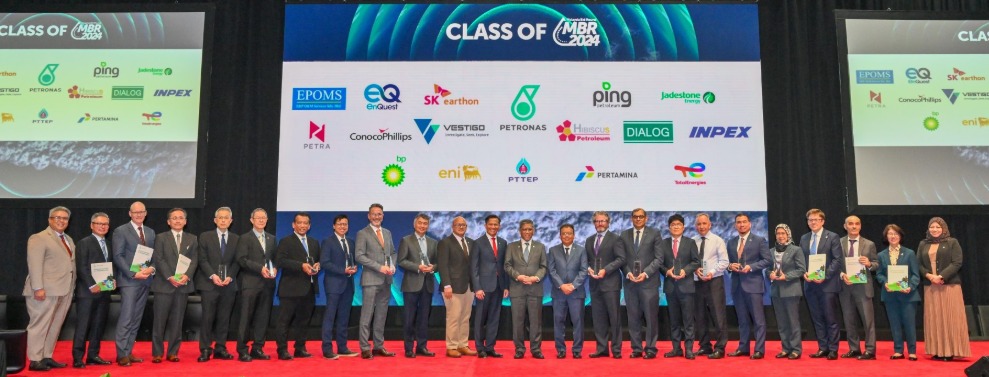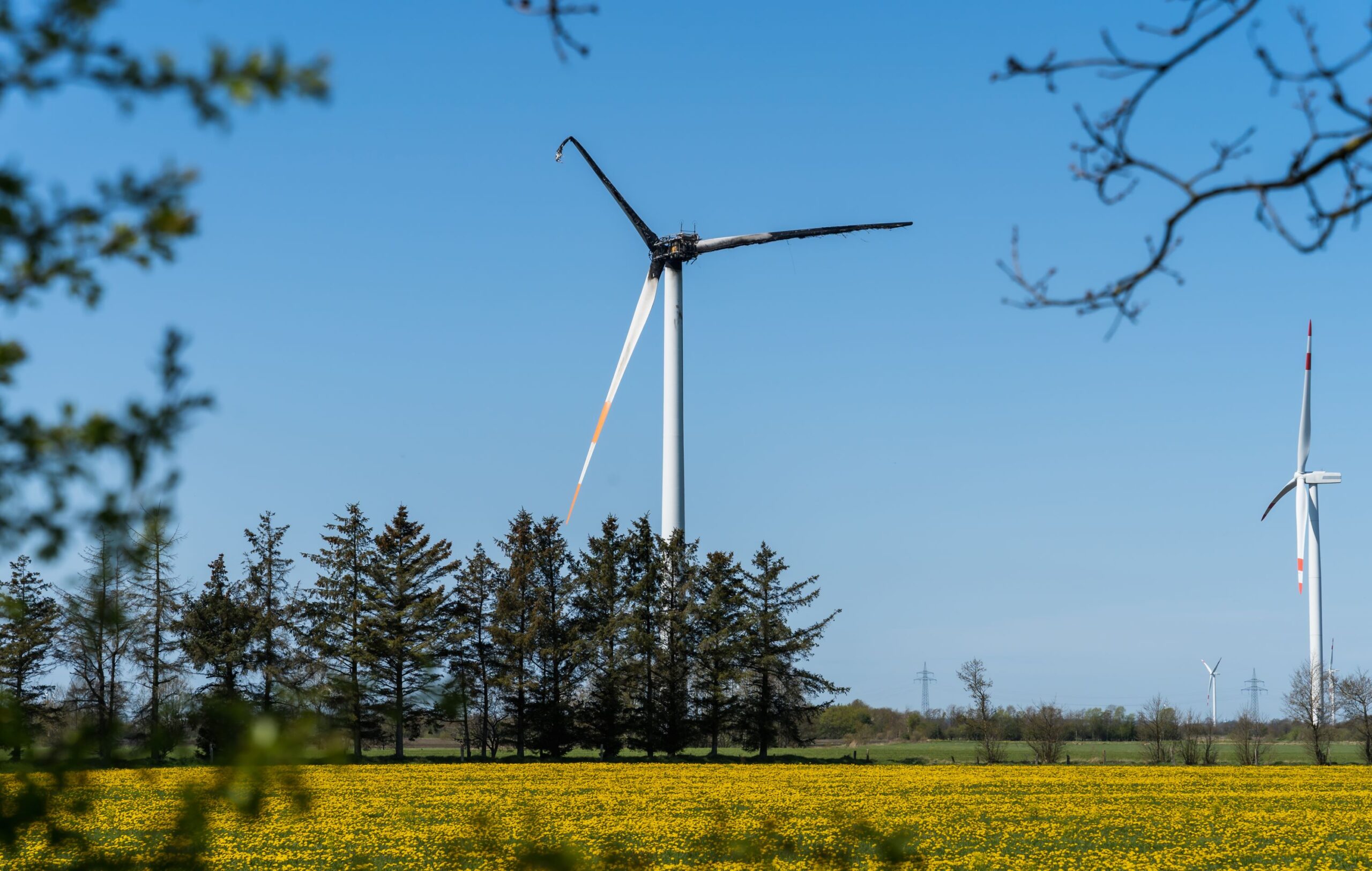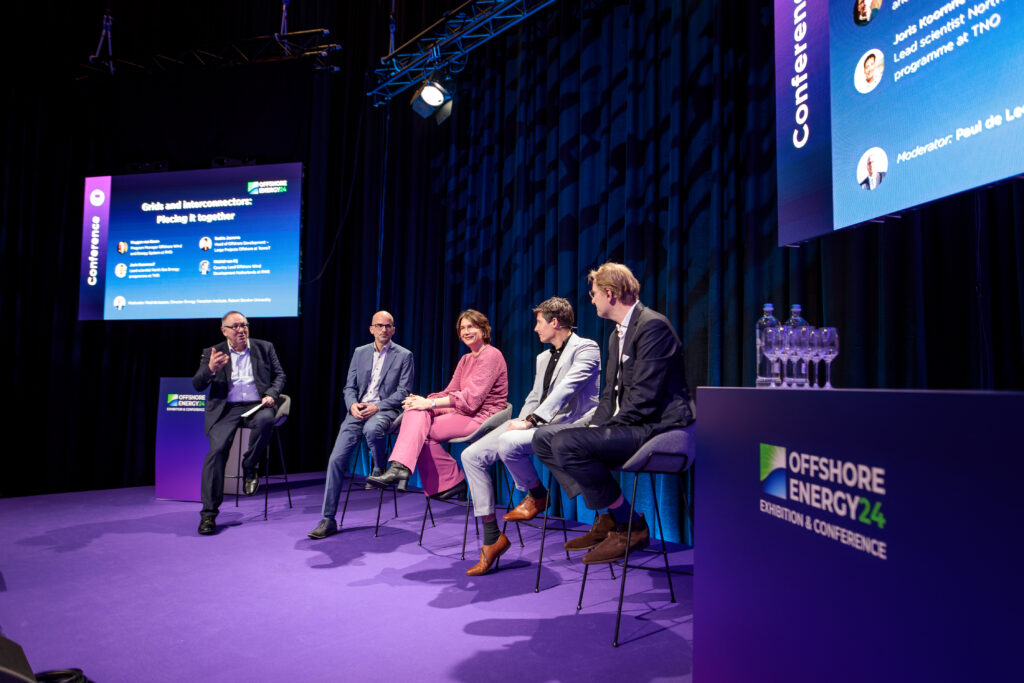Bosch’s Exit from Fuel Cells Signals a Turning Point for Hydrogen Innovation
Bosch Shifts Focus to Hydrogen Production, Ending Solid-Oxide Fuel-Cell Development Bosch, a global engineering and technology company, has announced a…
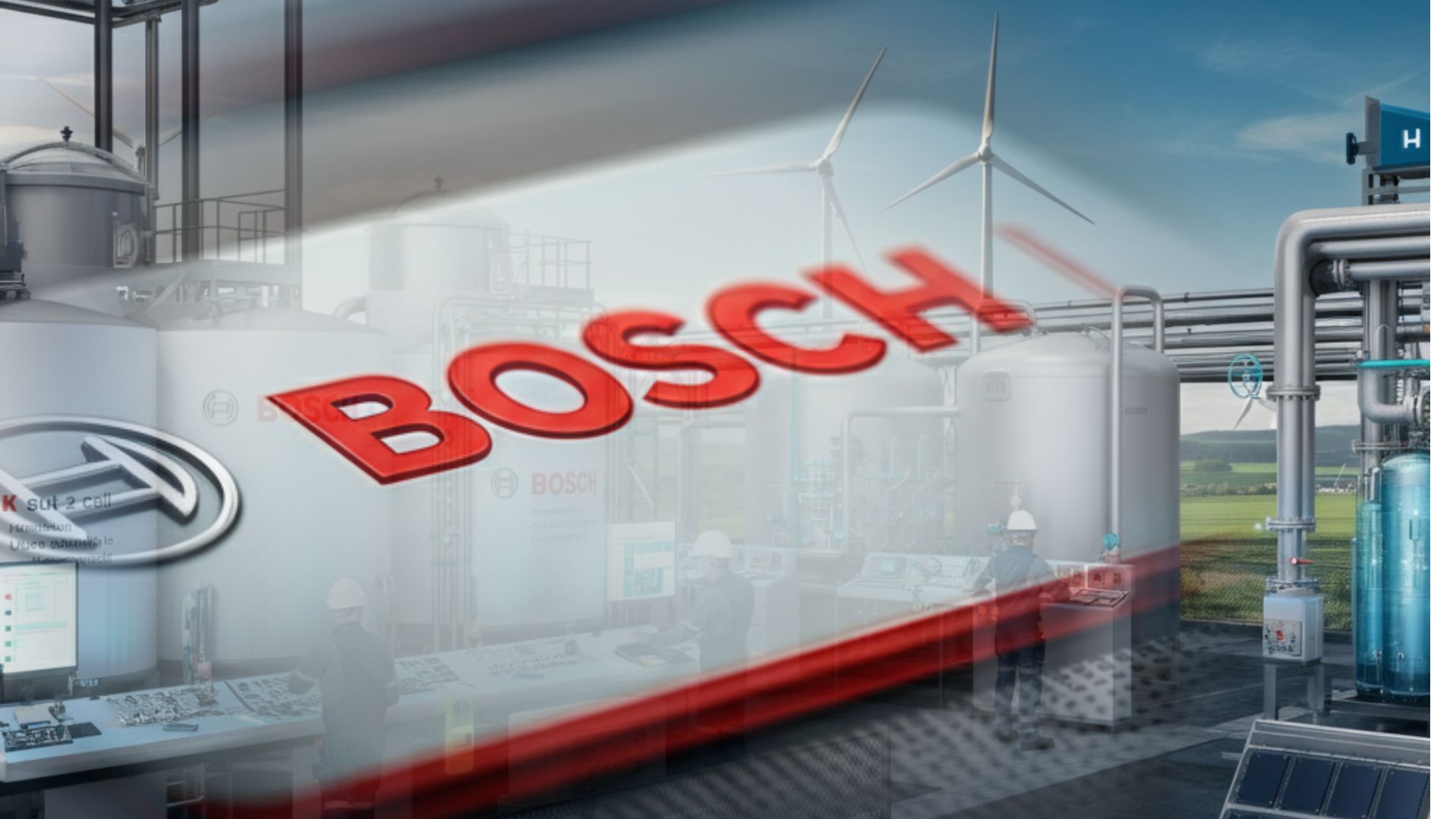
Bosch Shifts Focus to Hydrogen Production, Ending Solid-Oxide Fuel-Cell Development
Bosch, a global engineering and technology company, has announced a significant strategic realignment that underscores its commitment to hydrogen technology. The company will cease its development of solid-oxide fuel-cell technology, a decision rooted in the slower-than-expected market adoption of these systems. Instead, Bosch will prioritize hydrogen production technologies, particularly proton-exchange membrane (PEM) electrolysis components, which it aims to bring to market this year. This shift reflects Bosch’s broader expectations for hydrogen technology to be a multi-billion euro market by 2030, as well as its vision for hydrogen’s role in driving global decarbonization efforts.
Hydrogen Technology as a Growth Driver
Bosch’s decision to pivot toward hydrogen production reflects both market realities and the global energy sector’s increasing reliance on hydrogen as a key enabler of renewable energy transitions. The company has highlighted growing demand for green hydrogen, particularly in industrial applications and heavy transport, as a basis for its strategic shift. Hydrogen, which is seen as a versatile energy carrier with broad applications, has drawn substantial investment worldwide as industries seek to meet stringent climate targets.
By focusing on PEM electrolysis, Bosch aims to position itself at the core of this market growth. PEM electrolysis is a critical technology for producing green hydrogen, leveraging renewable electricity to separate water into hydrogen and oxygen. Unlike technologies requiring substantial infrastructure overhaul, PEM offers greater flexibility with scalability and integration into renewable energy systems.
With ambitious plans to generate billions of euros in revenue from hydrogen technologies by 2030, Bosch’s transition aligns with global trends. Nations such as the U.S., China, and members of the European Union have announced substantial investments to accelerate hydrogen adoption. For instance, Germany’s National Hydrogen Strategy marks the country as a leader in hydrogen innovation, though Bosch has raised concerns about the slow pace of prioritizing hydrogen energy in Europe, which the company views as a hurdle to achieving its full potential.
Ending the Ceres Power Partnership
A critical component of Bosch’s announcement is the termination of its longstanding partnership with British hydrogen technology company Ceres Power. Bosch will cease its involvement in Ceres Power’s solid-oxide fuel-cell technology and treat its 17.44% stake in the company as a non-core financial investment. This decision signifies a major shift, as Bosch was both a financial investor and a technology partner, having been deeply involved in co-developing solid-oxide systems.
The end of this collaboration underscores Bosch’s pivot away from the fuel-cell electricity conversion segment, which the company criticized as commercially unviable in the near term due to limited demand and necessary engineering hurdles. Notably, Bosch pointed out the lack of policy-driven prioritization for hydrogen-to-electricity conversion in Europe, particularly in Germany, as a key barrier.
For Ceres Power, the end of the partnership represents both challenges and opportunities. While Bosch’s exit means the removal of a significant collaborator, the company has stated that its guidance remains unaffected, signaling confidence in its ability to advance its offerings independently. Bosch’s potential divestment of its stake could also attract new investors more aligned with Ceres Power’s technology roadmap. However, the loss of Bosch’s technical expertise and market presence could impact Ceres Power’s positioning in an increasingly competitive industry.
Criticism of Europe’s Energy Prioritization
A notable dimension of Bosch’s announcement is its explicit critique of Europe’s, and particularly Germany’s, energy policy. The company pointed out that hydrogen-to-electricity conversion technologies are being deprioritized within Europe compared to more immediate decarbonization strategies, such as hydrogen production. Bosch CEO Stefan Hartung remarked that “the conversion of hydrogen into electricity is not yet being given the necessary priority in Europe, and especially in Germany.”
This critique reflects a broader tension within Europe’s energy transition strategy. While hydrogen production has received significant investment as part of plans to reduce reliance on fossil fuels, hydrogen utilization technologies, including solid-oxide fuel cells, have lagged in prioritization. Bosch’s decision to shift away from these technologies is a response to this policy landscape, even as the company continues to advocate for hydrogen’s role in the energy ecosystem.
Germany’s energy policies, long considered a global benchmark, have recently faced scrutiny for lagging behind in enabling emerging technologies. Bosch’s strategic realignment highlights how uneven support for hydrogen technologies across the value chain can impact business decisions, particularly in high-capital, research-intensive industries.
A Forward-Looking Strategy
Bosch’s pivot to focus on PEM electrolysis and hydrogen production signals a pragmatic recalibration of its energy strategy. With hydrogen poised to play a central role in global decarbonization efforts, Bosch’s realignment places it in a favorable position to leverage emerging opportunities. At the same time, the decision to exit the solid-oxide fuel-cell segment and dissolve its partnership with Ceres Power underscores the challenges companies face in navigating dynamic markets shaped by evolving policies and technologies.
As Bosch looks ahead to 2030, its commitment to building a robust hydrogen economy not only reflects clear growth ambitions but also signals a broader call for greater urgency in aligning policy frameworks with the needs of industry innovators.
What's Your Reaction?









